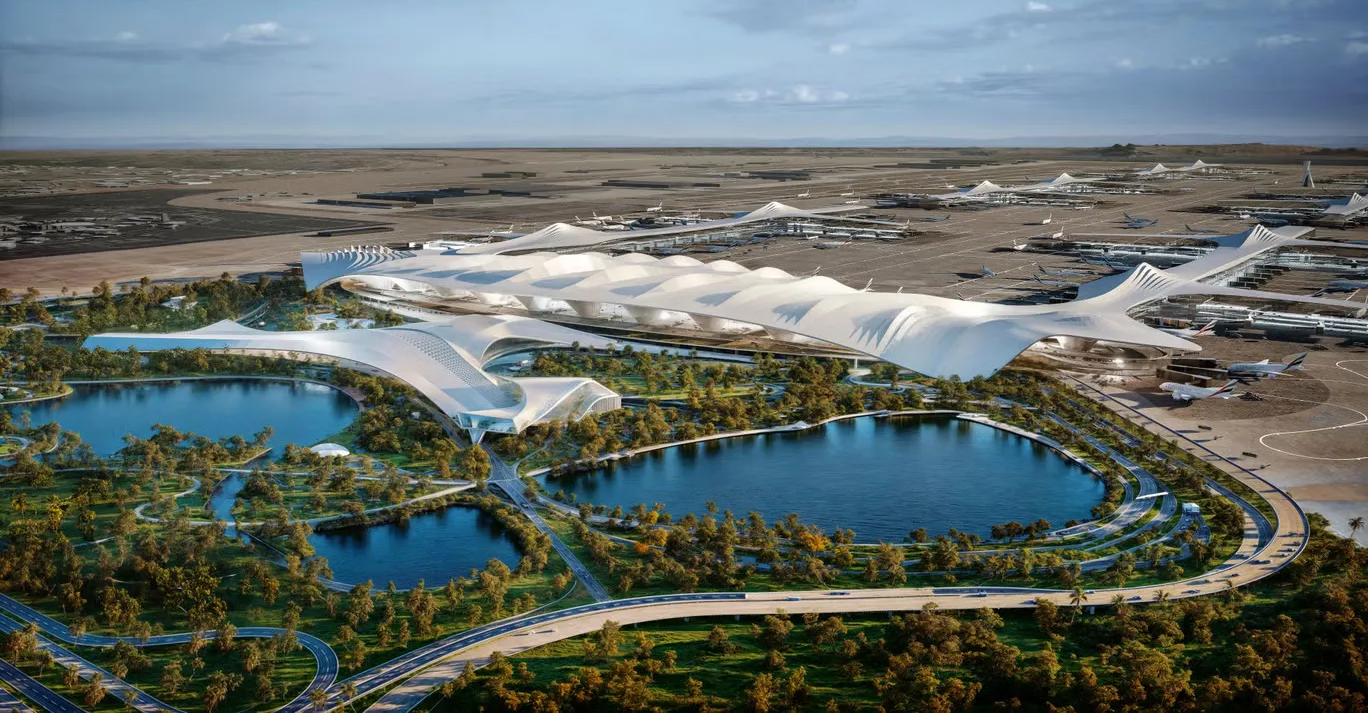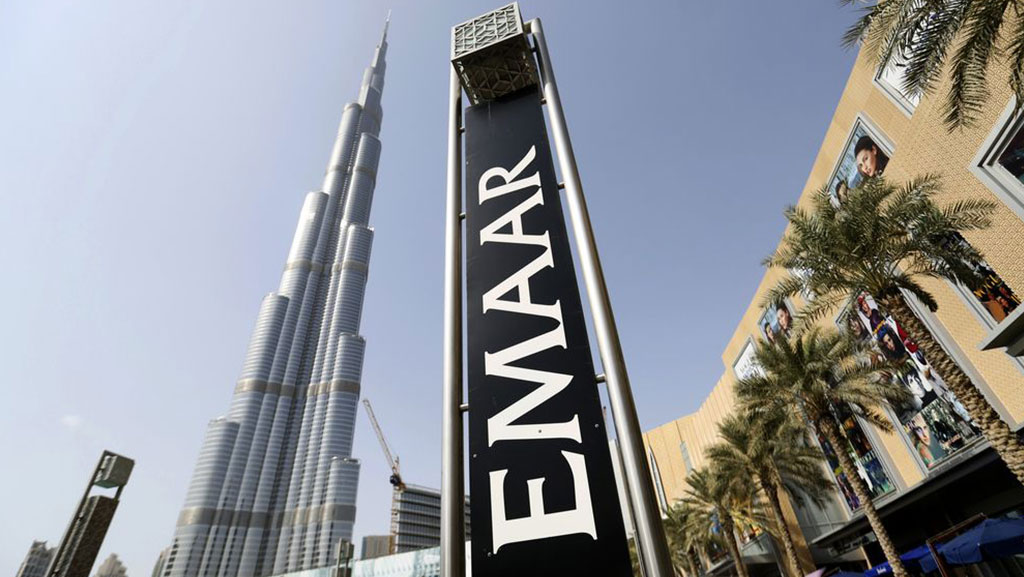Dubai’s Infrastructure: The Backbone of Real Estate Boom
Dubai’s transformation from a desert outpost into a global metropolis is a testament to its visionary leadership, strategic planning, and world-class infrastructure. The city’s rapid growth and modernization have significantly impacted its real estate market, making it one of the most dynamic and sought-after markets globally. This article explores how Dubai’s robust infrastructure has been a key driver behind the success and expansion of its real estate sector and its continued attractiveness to investors and residents.
1. State-of-the-Art Transportation Networks
One of the cornerstones of Dubai’s infrastructure is its advanced transportation system, which enhances connectivity and accessibility across the emirate. The Dubai Metro, one of the world’s most modern and efficient urban rail systems, has revolutionized mobility for residents and visitors. The metro links major residential, commercial, and tourist hubs such as Downtown Dubai, Business Bay, and Dubai Marina, which has boosted property values in these areas. Access to reliable public transportation has become a major consideration for buyers and investors, making areas near metro stations highly desirable.
In addition to the Metro, Dubai's comprehensive road network continues to expand, with highways and expressways connecting emerging suburbs like Dubai South, Arabian Ranches, and Al Furjan to the city's core. This has made previously distant areas more accessible, spurring real estate growth in suburban developments, where families and investors are drawn by more affordable prices and tranquil living environments.
New Developments: The planned expansion of the Dubai Metro Green Line and the future New Line Under Review (NLUR) metro line is expected to further enhance connectivity, increasing property demand in underserved areas.
2. Dubai International Airport (DXB) and Al Maktoum International Airport
Dubai’s global connectivity is largely powered by its two major airports. Dubai International Airport (DXB), one of the busiest in the world, serves as a major hub for international travelers, drawing millions of tourists and business visitors each year. This constant influx of travelers drives demand for short-term accommodation, luxury residences, and serviced apartments, particularly in districts like Deira, Downtown Dubai, and Al Barsha.
Meanwhile, Al Maktoum International Airport, set to become one of the world’s largest airports, is already positioning Dubai South as a future hotspot for real estate. Its proximity to Expo City Dubai and the future Dubai Logistics Corridor has accelerated residential and commercial development, attracting investors eager to capitalize on the growing demand.
New Trends: The rise of aerotropolis living—residential and commercial hubs around airports—has led to significant interest in areas near both airports. Properties in close proximity benefit from the increased demand for connectivity and convenience.

3. World-Class Healthcare and Education Infrastructure
Dubai’s appeal as a global city is also bolstered by its world-class healthcare and education infrastructure. The city is home to numerous top-tier hospitals, clinics, and healthcare zones like Dubai Healthcare City, where residents can access cutting-edge medical services and education. This availability of high-quality healthcare plays a vital role in attracting expatriates, retirees, and families looking to settle long-term.
In tandem, Dubai boasts some of the world’s best international schools and universities, which cater to the educational needs of the city’s diverse population. Areas near renowned institutions, such as Al Barsha and Dubai Silicon Oasis, often see higher property values, driven by families seeking proximity to top educational facilities.
Impact on Real Estate: The city’s commitment to healthcare and education is a strong selling point for families, creating stable demand for properties near hospitals and schools, and bolstering long-term property values.
4. Smart City Initiatives and Advanced Telecommunications
Beyond physical infrastructure, Dubai has invested heavily in becoming a global leader in smart city technology. The city boasts high-speed internet, 5G connectivity, and advanced telecommunications, creating a digital-first environment that enhances everyday life. Developments like Dubai Silicon Oasis and Dubai South integrate smart homes, green spaces, and high-tech infrastructure, attracting residents who value connectivity and innovation.
Dubai’s smart city initiatives include everything from smart traffic systems to energy-efficient buildings and fully integrated smart communities. This tech-forward approach has not only boosted the city’s real estate market but also created niche demand for properties with eco-friendly and smart home features.
Emerging Markets: Properties in areas like Dubai Hills Estate and Jumeirah Village Circle (JVC), known for their smart, sustainable living features, are seeing growing interest from younger, tech-savvy buyers.
5. Commitment to Sustainable and Green Infrastructure
Sustainability has become a key pillar of Dubai’s long-term development plans. The city is pushing forward with its Dubai Clean Energy Strategy 2050, aiming to become a hub for green energy and eco-friendly living. Developments like The Sustainable City are leading examples of environmentally conscious communities, offering renewable energy solutions, energy-efficient homes, and expansive green spaces.
Buyers and investors are increasingly seeking properties that align with their environmental values, driving up demand for homes in green communities. These eco-friendly developments offer a higher quality of life and reflect Dubai’s vision of creating a sustainable, low-carbon future.
Market Opportunity: As global awareness around sustainability grows, Dubai’s focus on green real estate offers strong potential for investors looking to tap into this expanding market.
6. Iconic Developments and Global Landmarks
Dubai’s skyline is synonymous with innovation and ambition, showcasing some of the world’s most recognizable landmarks. Burj Khalifa, the tallest building in the world, and Palm Jumeirah, the famous man-made island, have not only made Dubai a global tourist destination but have also elevated its real estate market. Properties in these areas are in high demand among high-net-worth individuals, driving up prices and cementing their status as some of the most prestigious locations in the world.
Furthermore, ongoing mega-projects like Dubai Creek Harbour and Meydan continue to attract global investors, offering a mix of luxury residential, commercial, and retail spaces that cater to affluent buyers.
Luxury Market: Dubai’s iconic developments have created a thriving luxury real estate market, with international investors eager to own a piece of this architectural marvel.

7. Waterfront and Marina Developments
Dubai’s coastal location allows for the development of some of the world’s most luxurious waterfront properties. Areas like Dubai Marina, Jumeirah Beach Residence (JBR), and The Palm Jumeirah offer stunning views, exclusive beach access, and a lifestyle centered around luxury. These waterfront developments are highly sought after, both for their scenic beauty and for the amenities they offer, such as private marinas, gourmet dining, and upscale retail spaces.
Waterfront properties are consistently among the most expensive in Dubai, attracting investors looking for high returns, particularly from the short-term rental market.
High Investment Yields: With Dubai’s tourism continuing to grow, waterfront properties offer lucrative rental yields and capital appreciation, making them prime investment opportunities.
Conclusion
Dubai’s world-class infrastructure is a critical driver behind its real estate market’s success. From its state-of-the-art transportation networks and airports to its smart city initiatives and sustainable developments, the city has laid a solid foundation for growth. As Dubai continues to expand and invest in infrastructure, the future of its real estate market looks promising. Investors and residents alike are drawn to the city’s blend of modern convenience, luxury, and innovation, ensuring Dubai’s place as a leading global real estate destination.

 (1)-1.jpg)